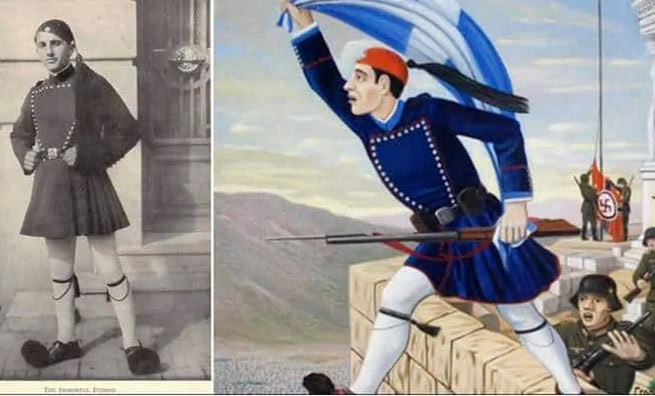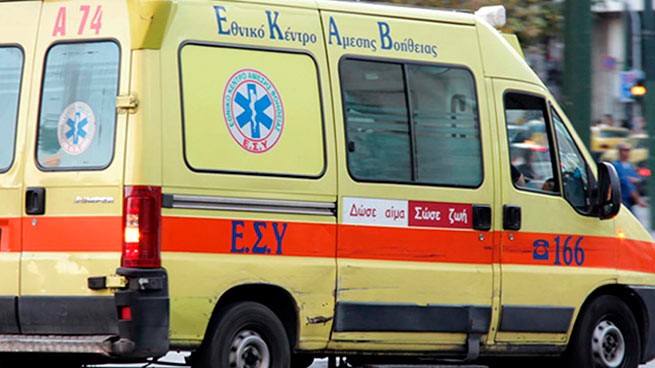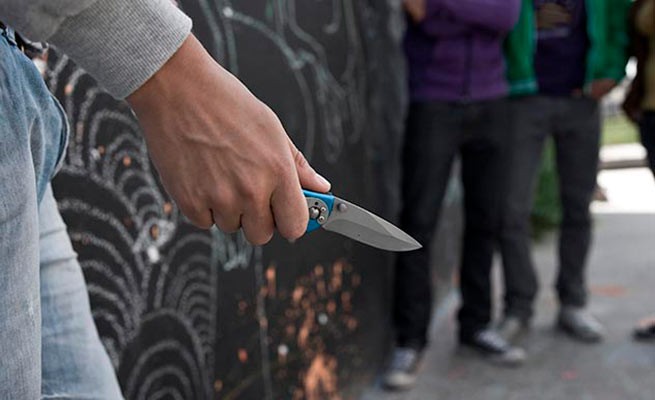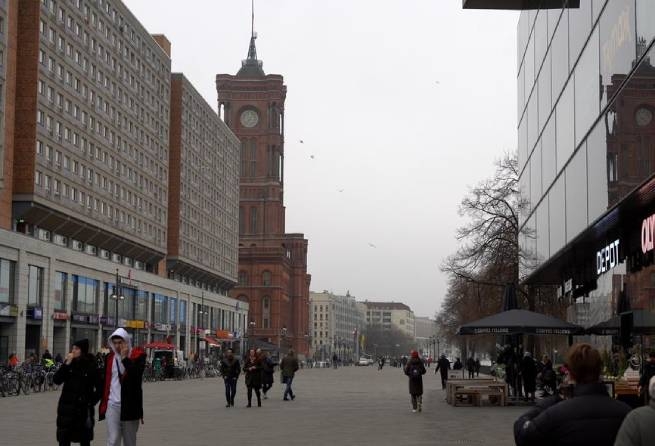In 2022, 600,000 citizens of the Russian Federation received Schengen visas. Russians living in Europe are treated differently. Some accuse them of being inactive and apolitical, while others are sure that most of them are against the war and Putin and are in desperate need of support.
“I have always dreamed of moving to Europe,” admits 31-year-old Ivan Sidorov (he did not give his real name and surname because of fears for his emigrant status and family in Russia). He wonders how easily he managed to get into EU and said that he found a job in Lithuania and moved there from St. Petersburg in September 2022 – a few weeks before the announcement of partial mobilization in Russia. Ivan says:
“Our president, government, regime – we cannot change anything. If we try, we risk going to jail. I used to think we had a chance. But I realized that it is pointless. Their power is too strong.”
After the entry of Russian tanks into Ukraine in February 2022, Ivan took part in anti-war protests in St. Petersburg. He managed to avoid falling into the field of view of the security forces at a time when thousands of dissidents suffered – they were arrested, beaten, ended up in prisons. He states: “We are unable to change the situation.”
Ivan complains about the attitude of those around him in Europe, even despite his active criticism of the actions of the Russian government:
“Before I moved here, I thought it was still a myth. That there can’t be political issues between ordinary people like me. I thought everyone understands that this is just politics, and those who leave Russia are against all this, and that it was not their choice. But when I arrived, I was surprised at how complicated everything was. When people find out that I am from Russia, I see how their facial expressions change.”
The young man recalls times when he was asked aggressively and persistently about his position on the war, often with insults or hurtful jokes addressed to him. He says:
“The truth is this: most of the population of Russia is indifferent to politics. The Soviet Union destroyed any desire to influence it. This regime told people how they should live for 70 years. As authoritarian as the regime was, they were so exhausted. I consider this policy a huge mistake “The people who keep this mess going stay in Russia. Everyone else is leaving and trying to start a new life. We’ve got enough problems already. We’ve lost our home. We can’t just go back to Russia.”
Lithuania, in solidarity with Kiev, introduced a number of restrictive measures against Russian citizens, suspending the issuance of visas shortly after the start of the war and forbidding them to purchase real estate. Last September, Benjamin Tallis, an expert on international politics and security, said in an interview euronewsthat the introduction of tough measures against Russian citizens within the EU is necessary in response to Moscow’s aggression and in order to demonstrate solidarity with Kiev. Political scientist Christy Raik agrees:
“Watching the Russian elite enjoy life in Europe as if nothing happened while the Russians continue to kill, torture, rape and rob in Ukraine is wrong.”
In Lithuania, the new homeland of Ivan Sidorov, twice as many Russians applied for a residence permit as in 2021 – almost 4,000 people, the country’s Migration Department reports. However, Nadezhda Kutepova, a lawyer and activist from Russia, who came to France in 2015 and requested asylum there, argues that the attitude towards Russians in European countries is different: “In France, everything possible is being done in this regard.”
She claims that the attitude of society or the state towards her has not changed since the beginning of the war in February. However, Nadezhda, who has repeatedly protested against the war and the “pro-Putin community” of France, speaks caustically about her compatriots:
“Russians are coming to France, but they don’t want to take part in anti-war activities. They want to have everything and yet do nothing. I am really very angry that people do not come out to demonstrations, because they think that their participation is useless. It is not true”.
Yet Nadezhda believes that Europe should do more to integrate Russians living within its borders:
“The European community should be more attentive to what the Russians are doing. There is a danger that those who do not speak the local language or do not understand the history and cultural codes of the host country will be taken care of by the Russian embassy. It can create a bad situation.”







More Stories
Union of Judges: “People’s courts were created against us with the loyal attitude of the government”
Borrell: "Europeans will not go to die for Donbass, but they could help Ukrainians stop dying for Donbass"
Court in the Mati case: “10 euros a day is the price of the lives of our children”